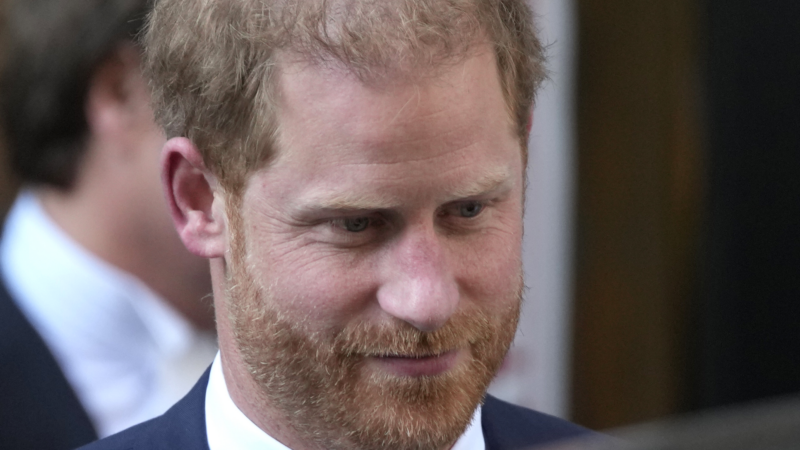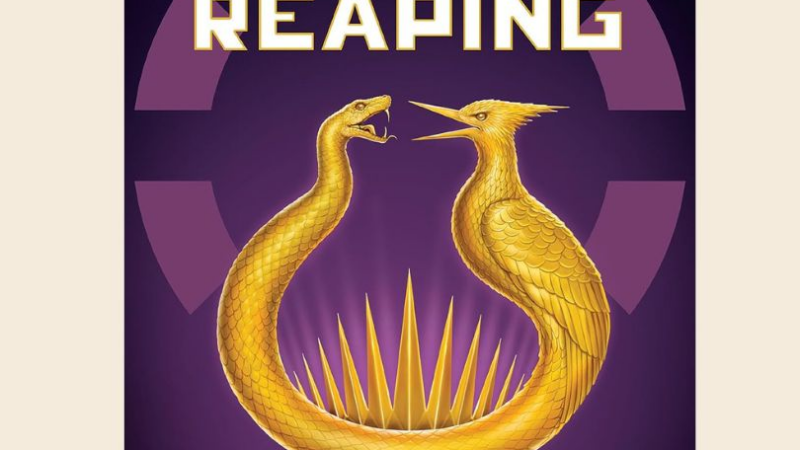Prince Harry settles with Murdoch’s British tabloids as trial is about to begin
LONDON — Prince Harry and a senior British lawmaker have agreed to settle with Rupert Murdoch’s British publishing arm, fulfilling their quest for a full-fledged apology in the years-long struggle to hold the Murdoch tabloids accountable for illegal privacy invasions and an alleged coverup of crimes.
Murdoch’s British tabloid division offered a “full and unequivocal apology” to Harry for what it admitted were unlawful intrusions on his privacy from 1996 to 2011, for the strain it put on his family, and for its actions toward his mother, the late Princess Diana.
It acknowledged “phone hacking, surveillance and misuse of private information by journalists and private investigators instructed by them at the News of the World.” It further admitted “incidents of unlawful activities carried out by private investigators working for The Sun.”
It is the first admission by Murdoch’s corporate empire of wrongdoing by The Sun, which expanded to seven days when he closed the News of the World at the height of the phone hacking scandal in 2011. Together, the two British tabloids, which he bought more than a half-century ago, served as the economic launch pad for his global media empire, including his expansion to the U.S.
Murdoch’s company also offered an apology to former Member of Parliament Tom Watson, a senior Labour Party leader who is now a member of the House of Lords, for surveilling him from 2009 to 2011, when he was investigating the Murdoch tabloids in Parliament. The company said it was paying “substantial damages.”
The settlement was announced Wednesday morning at what was to have been the opening arguments of the trial, slated to last at least six weeks.
Harry and Watson’s lawyers told the court this month that the litigants were not seeking financial advantage from the case. Harry asserted he was seeking “specifically truth and accountability,” last month in an interview with the New York Times.
It was intended by Harry and Watson to give their legal team the ability to present publicly newly secured evidence to make the case that top executives destroyed evidence and lied to police during the height of a phone hacking scandal here more than a decade ago.
Those at the core of those allegations include Will Lewis, now CEO and publisher of The Washington Post. He is not a defendant in the case, and has denied all wrongdoing. Due to the settlement, claims against Lewis and the other executives have not been tested in court. News UK, the British newspaper arm of Murdoch’s vast media company, has vigorously denied any destruction of evidence or deception of police.
Harry and Watson have rejected earlier settlement overtures, instead saying they needed acknowledgements of wrongdoing to end their claims. In the U.K., damages awarded in court are typically far smaller than in the U.S. British law exerts pressure on plaintiffs to reach a settlement. They can be forced to pay the defendant’s legal costs if they reject a settlement offer that exceeds the amount of the judgment awarded at trial.
New ‘Hunger Games’ prequel reminds that sometimes past truths aren’t visible
Sunrise on the Reaping recounts the 50th annual Hunger Games, telling the story of Haymitch Abernathy. It's themes and events conjure images of today's U.S. political climate.
At 83, Martha Stewart celebrates gardening with her 101st book
Martha Stewart talks gardening, wanting to be "one of the girls" and her 101st book with NPR Morning Edition host Michel Martin.
This is why Canada has plenty of eggs — and the U.S. doesn’t
While the U.S. grapples with an egg shortage caused by avian flu, eggs remain plentiful and affordable in Canada. There are reasons for that, including that egg farms there tend to be smaller.
In the Missouri Ozarks, residents struggle to rebuild after tornadoes
Twisters that tore through Union County, Missouri killed 6 people. One couple survived against incomprehensible odds in a trailer obliterated by the storm.
‘Segregated facilities’ are no longer explicitly banned in federal contracts
The Trump administration cut a clause from federal contracting rules that had been on the books since the 1960s: Companies are no longer explicitly prohibited from having segregated facilities.
Trump says he’s ending Secret Service protection for Biden’s adult children
President Trump said he was ending "immediately" the Secret Service protection details assigned to Democrat Joe Biden's adult children.








